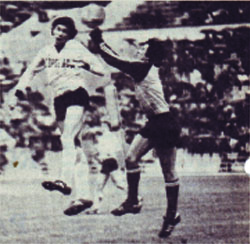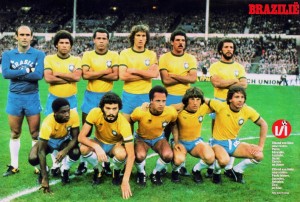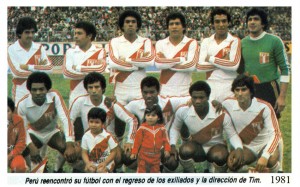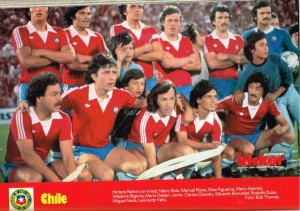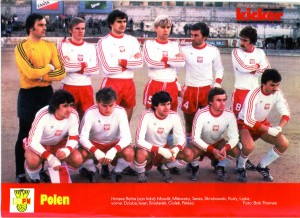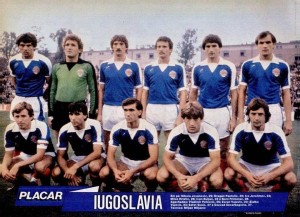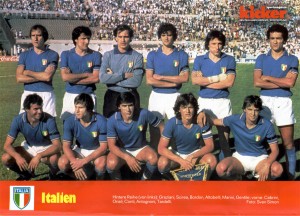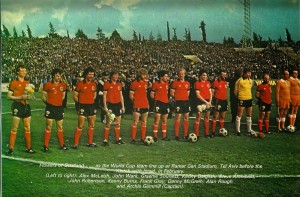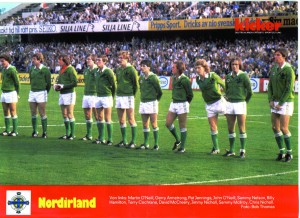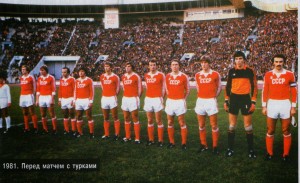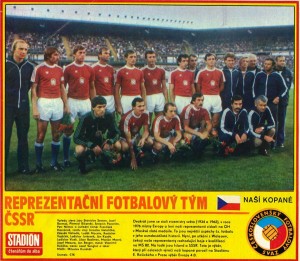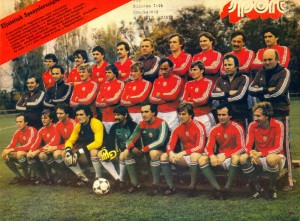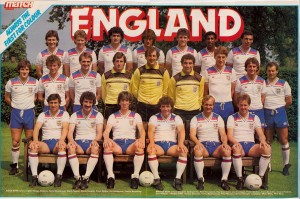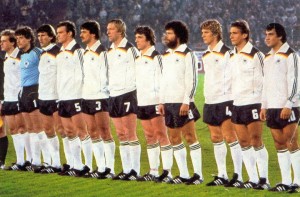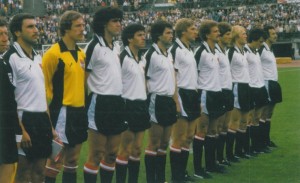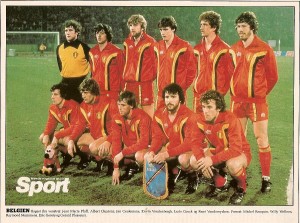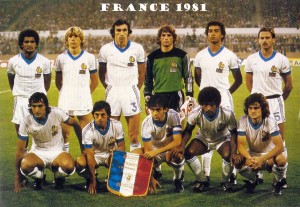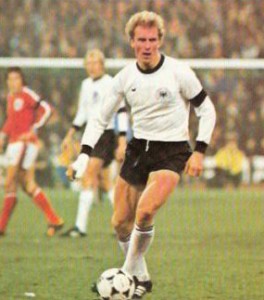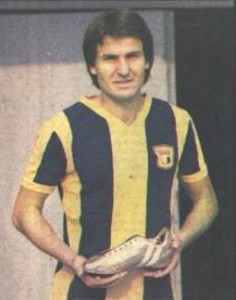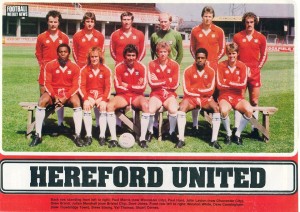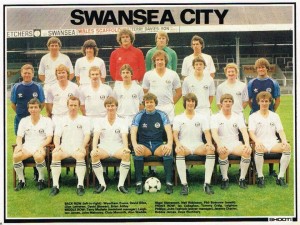Group 11. CONCACAF – Central and North America. 15 countries entered, but money, logistics, and class meant specific qualification structure, going through stages. Mexico was the undoubted favourite and for the second spot… it was anybody’s guess, for all other participants were weak, even harmless. The northern countries started together in preliminary Northern Zone, the smallest one. Two teams were qualifying to the next round – here the first alarm was triggered: Mexico finished 2nd, after Canada. Well, not very important… Mexico was perhaps not seriously prepared yet, or they played just the bare minimum. They were the sure finalist, nothing to worry.
The last stage was the really important one – a qualification tournament in Tegucigalpa, Honduras, played in November 1981. Six teams qualified to it and played against each other. Clearly, the only question was which country will get the second COCACAF spot at the World Cup finals. The intrigue was lame: the ‘soccer war’ between Honduras and El Salvador from 1969 was unearthed for the occasion, but nothing happened. Mexico underperformed again, but there was nothing to worry about… they had convenient schedule, playing the last match of tournament against possible troublemakers – Honduras. Possible, for they were hosting the qualifications and thus expected to have some advantage. So what? Mexico was head and shoulders above any CONCACAF team – traditionally so. No matter they were 2 points behind El Salvador before the last match. Surely, they were going to win and with already better goal-difference… yes, Mexico did not show any supremacy so far, they were going to be 2nd, but they were going to the finals. For sure. Honduras had nothing to play for – they already qualified. The mere formality ended in a shocking 0-0 tie and… Mexico was out.
1.Honduras^ 5 8 3 2 1 8- 1
2.El Salvador 5 6 2 2 1 2- 1
3.Mexico 5 5 1 3 1 6- 3
4.Canada 5 5 1 3 1 6- 6
5.Cuba 5 4 1 2 2 4- 8
6.Haiti 5 2 0 2 3 2- 9
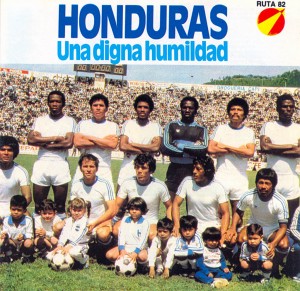 May be getting advantage and benefiting from hosting the final qualification round, but going for a first time to the World Cup finals.
May be getting advantage and benefiting from hosting the final qualification round, but going for a first time to the World Cup finals.
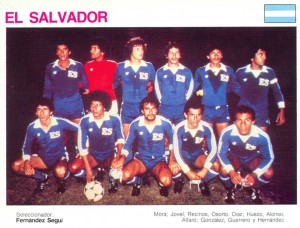 May be lucky, after having to fret to the very end of a match they only had to watch, but goiing to the finals for a second time.
May be lucky, after having to fret to the very end of a match they only had to watch, but goiing to the finals for a second time.
To an outside observer – pure exotica, obvious outsiders, perhaps even a good example of the folly to give very weak continents more spots at the World Cup. To a point, two was less than one, for Mexico was more or less the only country outside Europe and South America with relatively decent football. Perhaps, from the standpoint of 1981, the only interesting news about the CONCACAF finalists was political trivia: at the end of the 1960s those countries went into a war, triggered by World Cup qualification match. Now the losers back then, Honduras, helped their enemy to reaching the final. Amusing.
